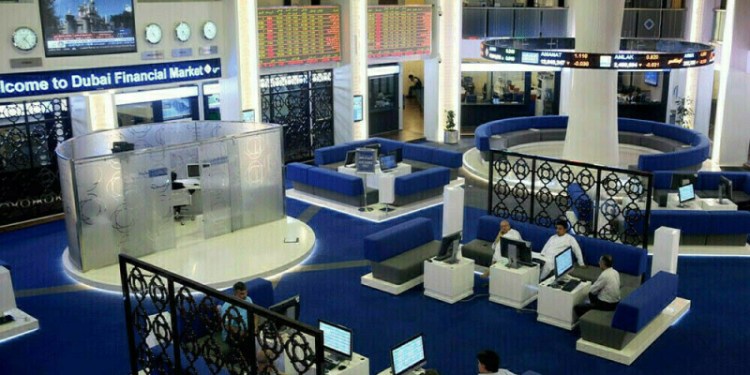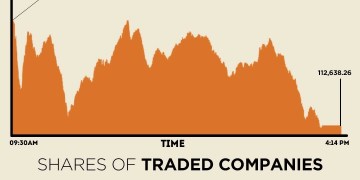MUMBAI (Reuters) – India’s bonds fell slightly on Tuesday, while shares were on track for their worst day in nearly two months as investors booked profits after the Reserve Bank of India (RBI) cut its policy interest rate, as was widely expected.
Besides cutting rates by 25 basis points to a more than five-year low, the RBI also dangled the prospect of another cut later this year if inflation trends stay benign.
Traders also welcomed other measures announced in the policy review, including reducing the cash proportion of banks’ reserve requirements that must kept with the central bank, while also pledging to inject more long-term liquidity.
But they also felt these moves would play out in the longer term and said the 25 bps price cut had already been priced into markets.
“We feel the measures taken would tantamount to more than a 25 bps repo rate cut. But this would take time to sink into the markets,” Arun Gopalan, Vice President, Research, Systematix.
“This leaves little to celebrate in the immediate term, therefore the markets would offer a tepid reception to the policy. But we feel the measures would allow better transmission and so it would reflect in the markets over time.”
The broader NSE Nifty and the benchmark BSE Sensex both dropped as much as 1.9 percent. As of 900 GMT, both indexes were down 1.8 percent, set for their worst day since Feb. 11.
Meanwhile, the benchmark 10-year bond yield rose 2 basis points from its previous close, after earlier falling to as much as 7.34 percent – its lowest since June 19.
The rupee weakened to 66.41/42 per dollar from its 66.9175/2075 close on Monday.
Bank Nifty, which had surged 15.7 percent in March, were off 2.5 percent. State Bank of India (SBI.NS) fell 4 percent, while ICICI Bank (ICBK.NS) lost 5 percent.
The gainers included India’s oil retailers on media reports they had hiked retail fuel prices on Monday.
(Reporting by Manoj Rawal; Editing by Savio D’Souza)



























